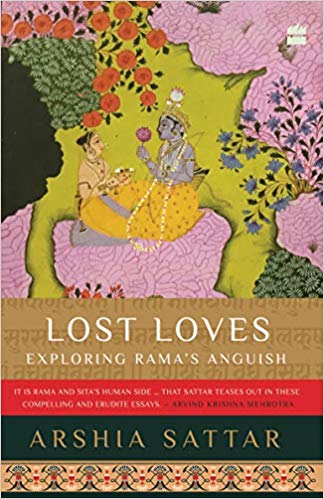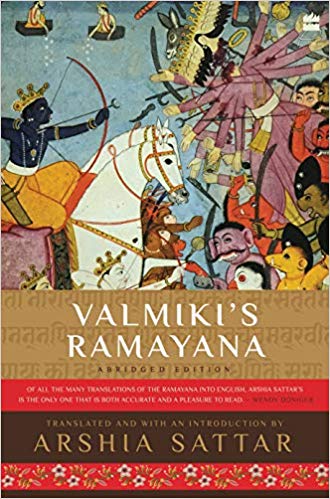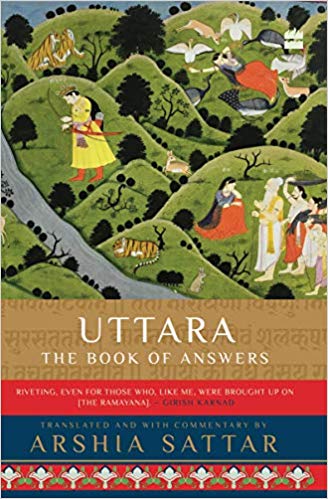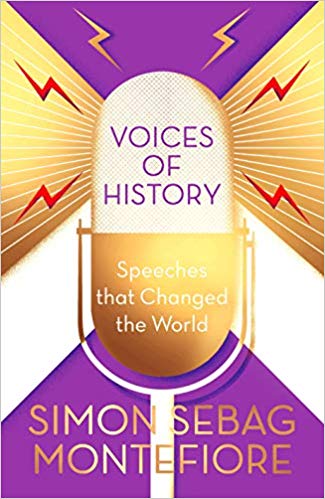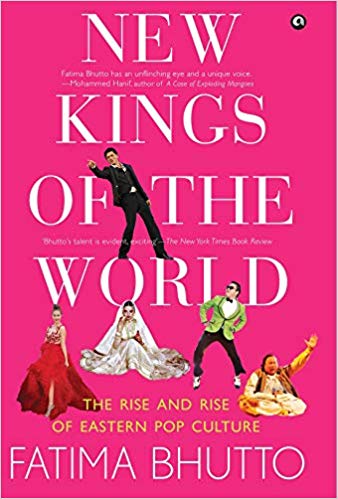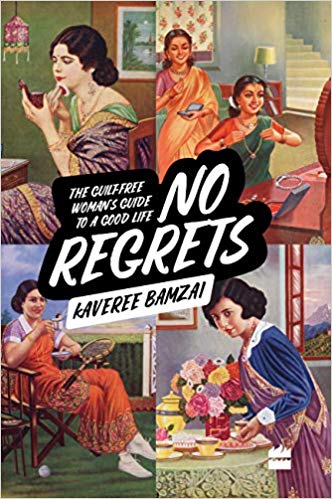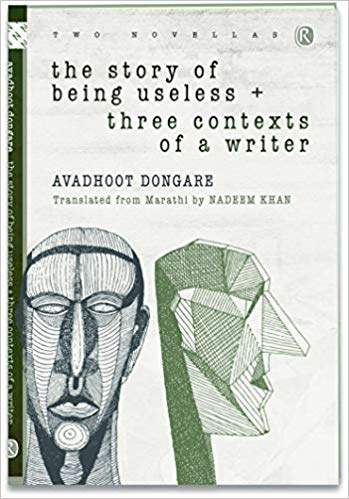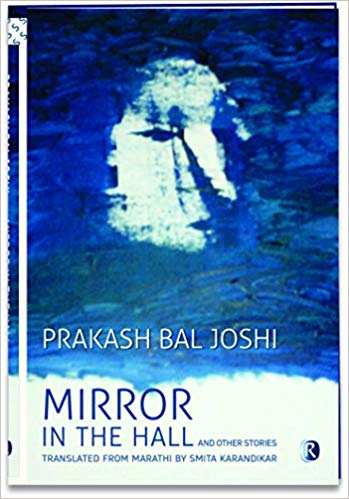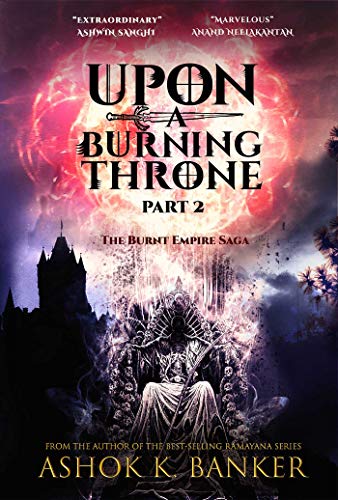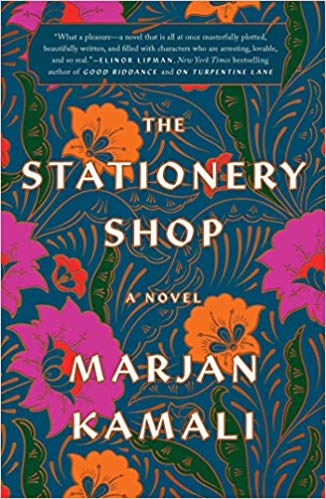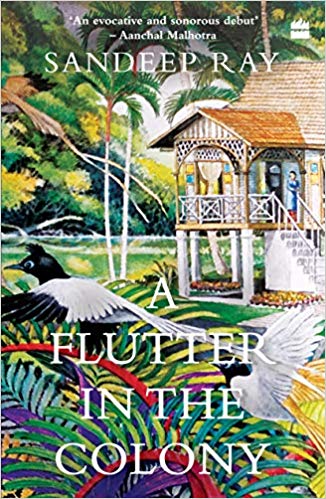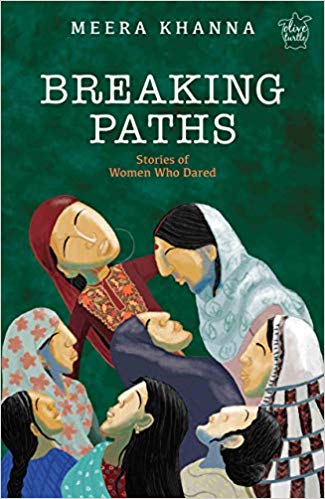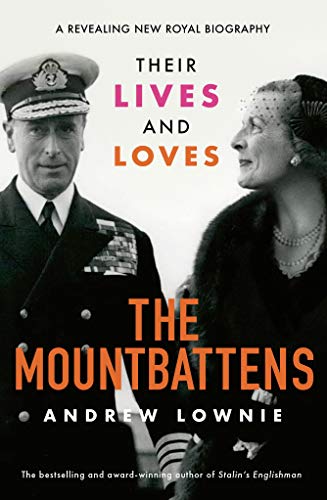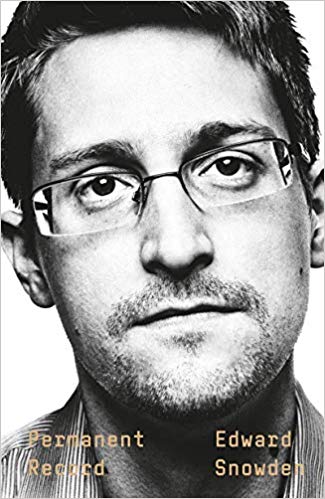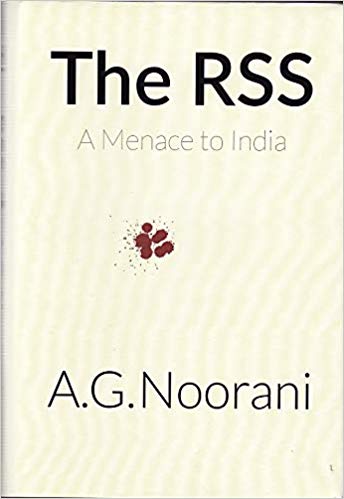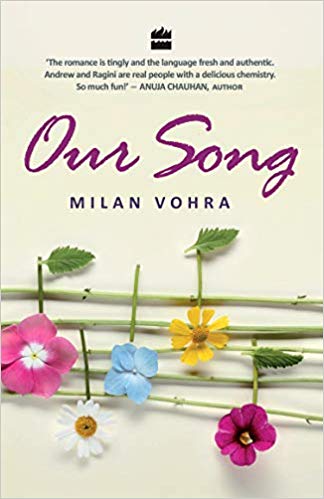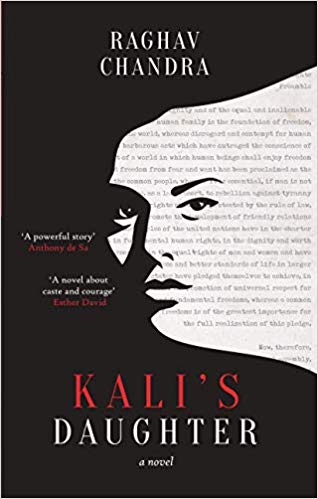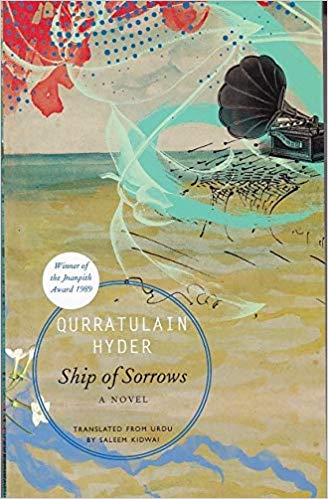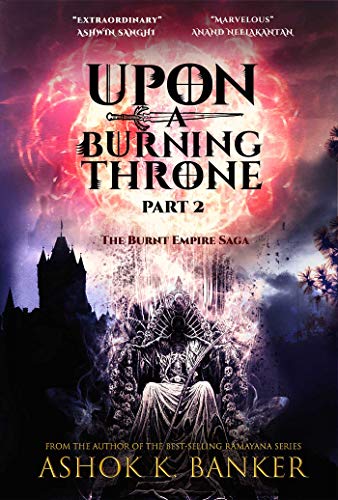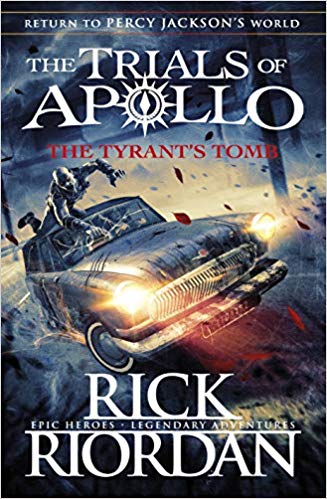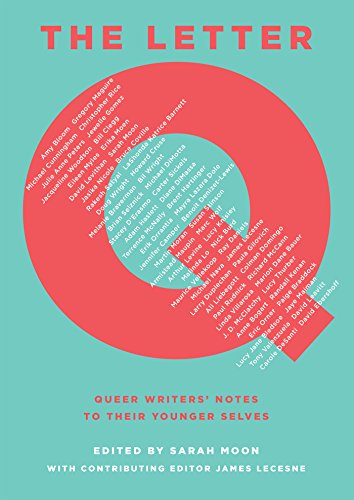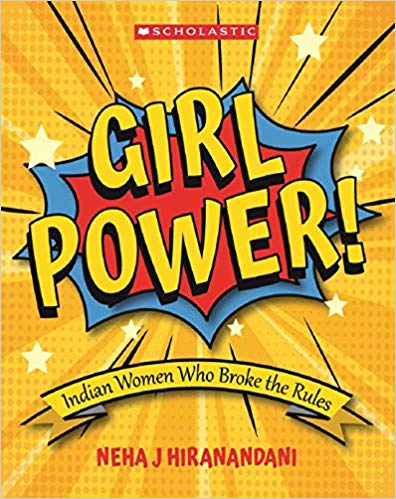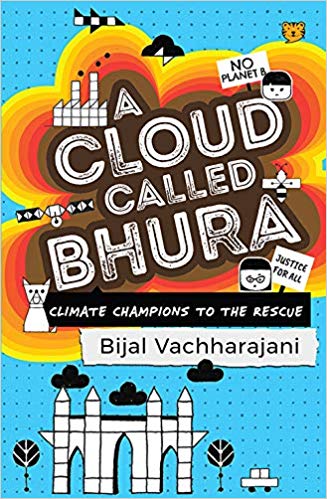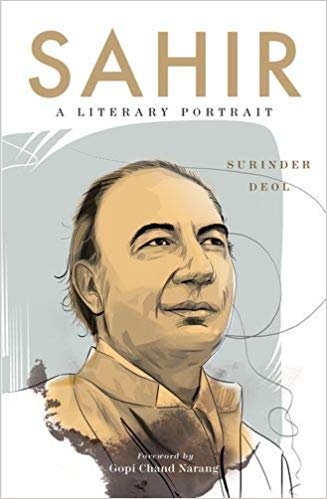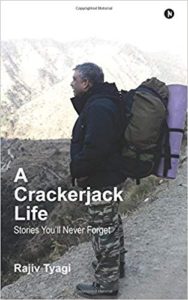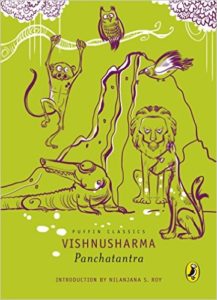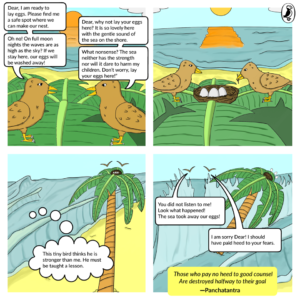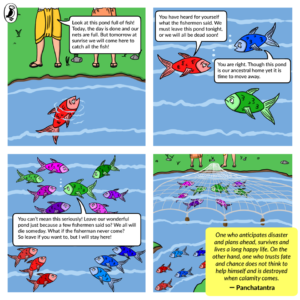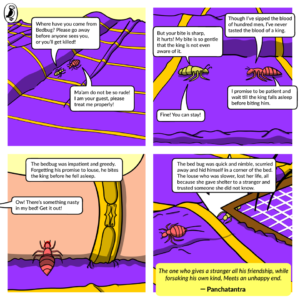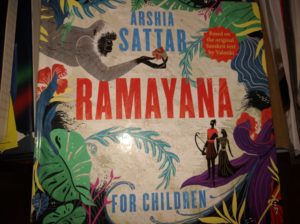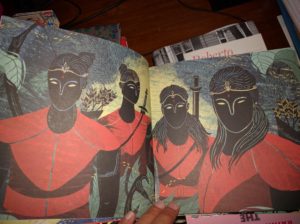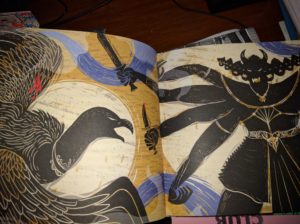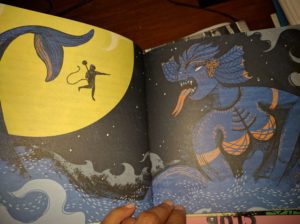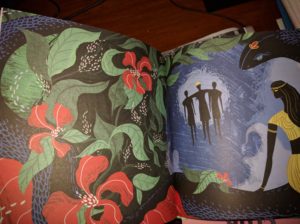“The Kathasaritsagara of Somadeva” A retelling by Meena Arora Nayak
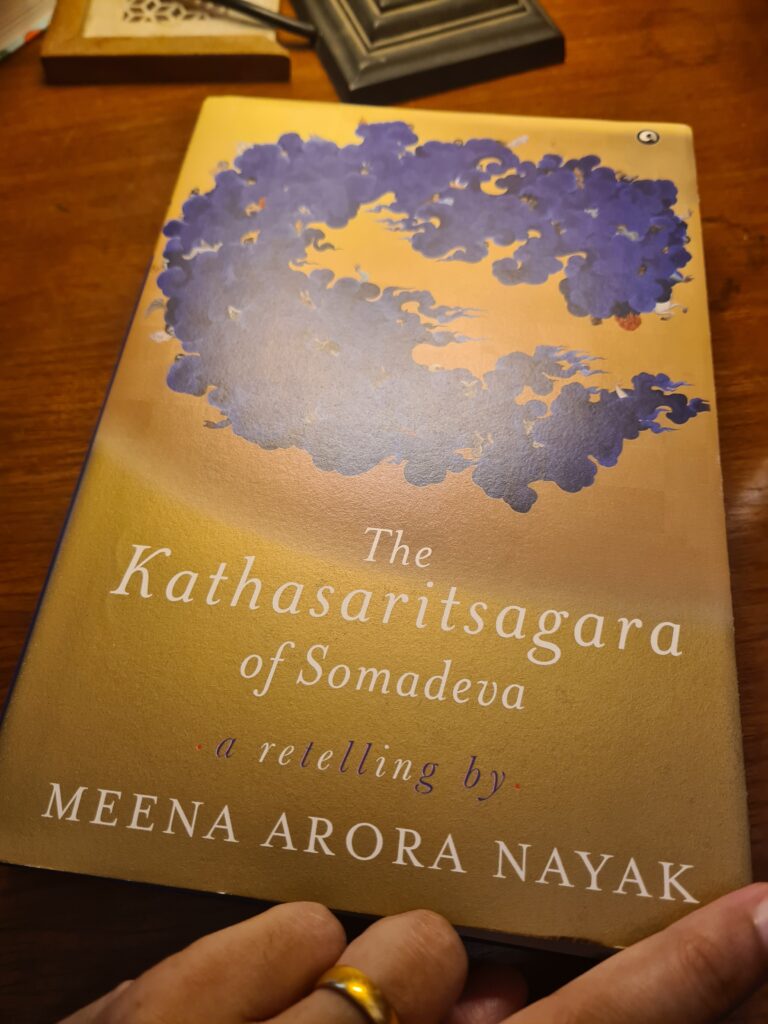
I have lost track of the number of times I have tried reading various transactions of Kathasaritsagara. It becomes exhausting to read after a while with the vast array of characters, stories within stories, battles, talking birds, swindlers, yakshas and yoginis, conjurers, walking corpses and sleeping giants. But that is not the case with this particular version which is a retelling of Somadeva Bhatt’s, The Kathasaritsagara. It is by Meena Arora Nayak who had also put together another magnificent volume The Blue Lotus: Myths and Folktales of India. Both publications are by Aleph Books. In this particular version of Kathasaritsagara, Nayak is able to break up the stories into an easily understood structure, easily read in print. She says it is a katha kavya, “a highly stylized” work in which the author presents “a well-known subject in a refined and sophisticated form”.
She adds:
The classical katha is an invented story, most often about love, told by a narrator (or multiple narrators) in a continuous narrative, sometimes with sections or lambakas. It often contains a preamble or an introduction that sets up the story, and it is written in either Sanskrit or Apabhramsha. The narrative of the Kathasaritsagara is certainly stylized: it has refined wordplay and shlokas that are replete with imaginative alamkaras, or figures of speech, which is an element of kavya. It is also a continuous story, although it lacks cohesion. ( The Ur text may have been more cohesive.) In the interest of embellishing the narrative with numerous takes, Somadeva seems to have forfeited its unity. The key frame story about Naravahanadatta is fragmented and thinly laid out, it’s progression luxated by not just the profusion of stories but also by s muddled chronology of sections.
However, despite its structural issues, this ocean of 350 tales is stupendous in its sheer multitude of themes, characters, locales, and subjects. …Some of these tales are from other famed literary works, such as the Panchatantra, Vetala Pachisi, and Jataka; some are from the Mahabharata and Ramayana; others recreate characters from classical works such as Kadambari, Mudrarakshasa, and Swapnavasavadatta; and still others are from folklore, both local and faraway lands. These takes explore human emotions about love and longing, separations separations reunions, and also subjects like witchcraft and conjuring, journeys, shipwrecks, and destinations, using locales ranging from golden palaxes to magical islands, from teeming forests to macabre cremation grounds. And these stories converge like rivers meeting the ocean, creating buoyant waves of story cycles.
Most of these stories occur in cycles that are loosely linked through sporadic framing devices. A few of the takes follow a mise-en-abyme structure that nirror the frame story in which they occur; whereas, others, in boxed frames, appear seemingly unrelated. But the majority of the tales are organic to particular situations; they are added in tbe way that one would conversationally state to emphasise a point: “Let me tell you a story to explain what I mean.” This rhetorical technique of including side stories in a frame to drive hoke a point is a common narrative device that was used extensively in ancient literatures, especially the epics.
The Kathasaritsagara is thought to have been compiled around 1070 CE by Somadeva Bhatt, during the reign of Raja Ananta of the Lohara dynasty of Kashmir. It is one of the longest creations in Indian and world literature and yet it is considered to be only a small part of an even longer work called Brihatkatha, composed by Gunadhya in a lost language known as Paisachi. Somadeva collected and retold the stories of The Kathasaritsagara in Sanskrit to entertain Raja Ananta’s wife, Suryavati. This masterpiece has influenced many of the world’s best-known classics, including One Thousand and One Nights, The Decameron, and The Canterbury Tales. The central story of this epic revolves around the son of the famed Raja Udayana, Naravahanadatta, and his marital quests, in the course of ehichbhe acquires numerous wives, encounters a host of memorable characters, and wins supremacy over the mystical vidyadharas.
After reading the detailed introduction explaining the epic by Meena Arora Nayak, the epic finally begins to make sense. Hence, it is no surprise that the retelling is relatively easy to comprehend as well. Although it does not bear reading cover-to-cover, it has to be read in small chunks. But so far this is one of the superior versions of the epic that I have read in English.
1 August 2021

